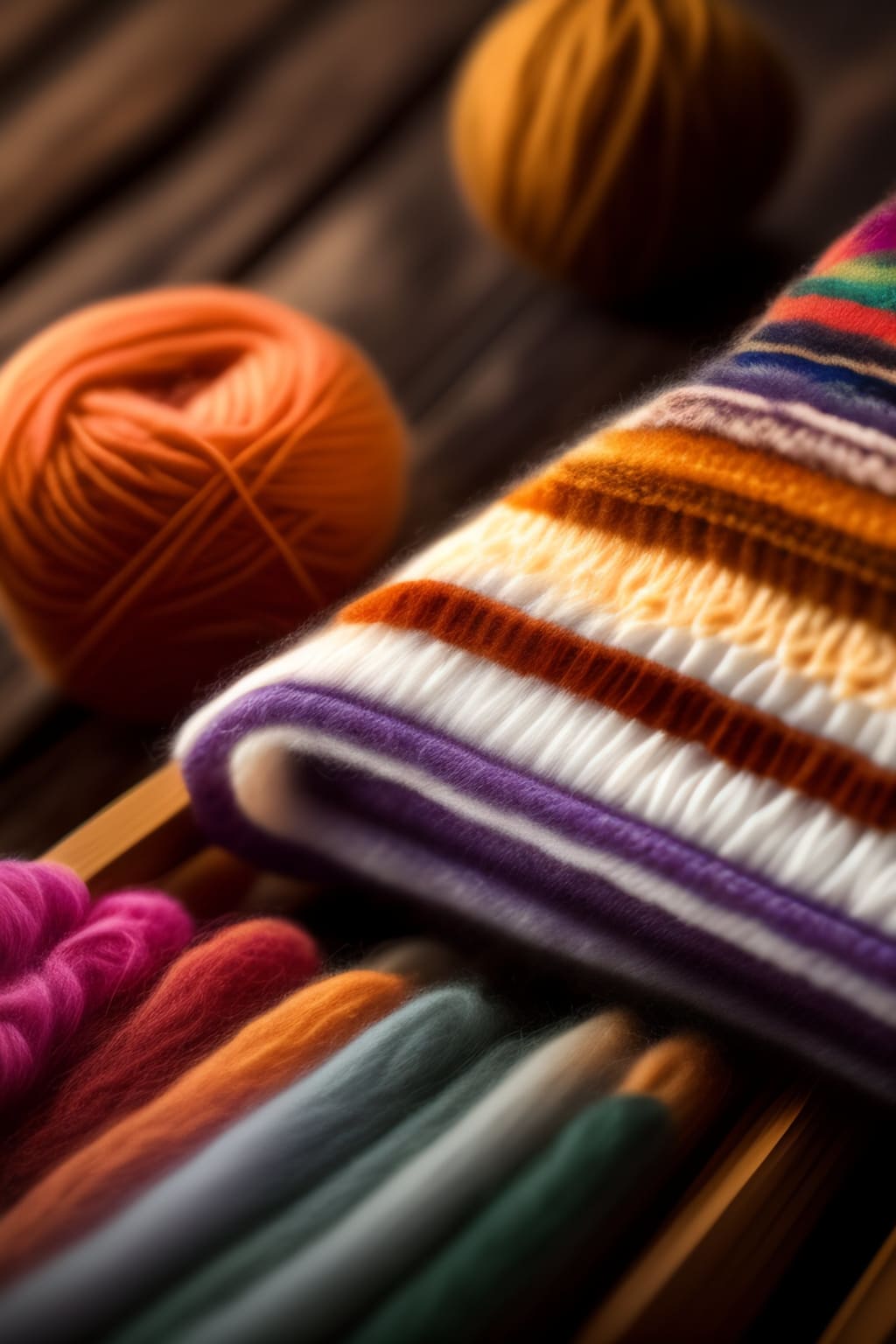
Sewn in Uzbekistan: The Story Behind Central Asia's Textile Industry
Uzbekistan, located in the heart of Central Asia, has a rich history of textile production. The country is known for its cotton fields, which have been cultivated for thousands of years, and its silk production, which was a major trade route along the ancient Silk Road. Today, Uzbekistan is one of the world's largest producers of cotton and a significant player in the global textile industry.
The textile industry in Uzbekistan is deeply rooted in the country's history and culture. For centuries, Uzbek women have been spinning, weaving, and dyeing fabrics using traditional techniques and natural materials. The country's long history of textile production has helped to develop a highly skilled workforce with a deep knowledge of the craft.
One of the most significant developments in Uzbekistan's textile industry came in the early 20th century when the Soviet Union took control of the region. Under Soviet rule, Uzbekistan's cotton production was industrialized, and the country became a major supplier of cotton to the Soviet Union's textile factories. However, the industry was plagued by labor abuses, including forced labor and child labor, which continue to this day.
After the fall of the Soviet Union, Uzbekistan gained independence in 1991 and began to develop its own textile industry. Today, the country is a significant player in the global textile industry, with a wide range of textile products, including cotton, silk, and wool fabrics, as well as carpets and traditional textiles.
One of the unique aspects of Uzbekistan's textile industry is its focus on traditional techniques and natural materials. Uzbekistan is known for its hand-woven ikat fabrics, which are made using a complex dyeing technique that creates intricate patterns and designs. The country is also famous for its suzani embroidery, which is traditionally used to decorate textiles such as bed covers and wall hangings.
Uzbekistan's textile industry is also notable for its commitment to sustainability. The country is working to reduce its reliance on cotton and diversify its textile production to include more sustainable materials such as hemp and organic cotton. Uzbekistan is also working to improve the working conditions for textile workers and eliminate forced and child labor in the industry.
Despite these efforts, Uzbekistan's textile industry continues to face challenges. The country's reliance on cotton has led to significant environmental problems, including the depletion of water resources and the use of harmful pesticides and fertilizers. The industry also faces significant competition from countries such as China and Bangladesh, which have lower labor costs and a more developed infrastructure.
Nevertheless, Uzbekistan's textile industry has the potential to continue to grow and evolve in the years to come. The country's rich history of textile production, skilled workforce, and commitment to sustainability make it an attractive destination for textile production and sourcing.
For businesses looking to source textiles from Uzbekistan, there are a few key considerations to keep in mind. First, it is important to ensure that the products are not made using forced or child labor. The Uzbek government has taken steps to address this issue, but it is still a concern, particularly in the cotton industry.
Second, it is important to understand the cultural and historical context of Uzbekistan's textile industry. Many of the traditional techniques and materials used in Uzbekistan may be unfamiliar to Western buyers, so it is important to work with suppliers who have a deep understanding of the local industry.
Finally, businesses should consider the environmental impact of the products they are sourcing from Uzbekistan. The country's cotton industry has been criticized for its environmental impact, so it is important to work with suppliers who are committed to sustainability and reducing their environmental footprint.
In conclusion, Uzbekistan's textile industry is a unique and important part of the country's culture and history. The industry has faced significant challenges over the years,
About the Creator
Aimen Tanvir
I am studying psychology and philosophy. I am graphic designer and content writer.
Enjoyed the story? Support the Creator.
Subscribe for free to receive all their stories in your feed. You could also pledge your support or give them a one-off tip, letting them know you appreciate their work.





Comments
There are no comments for this story
Be the first to respond and start the conversation.